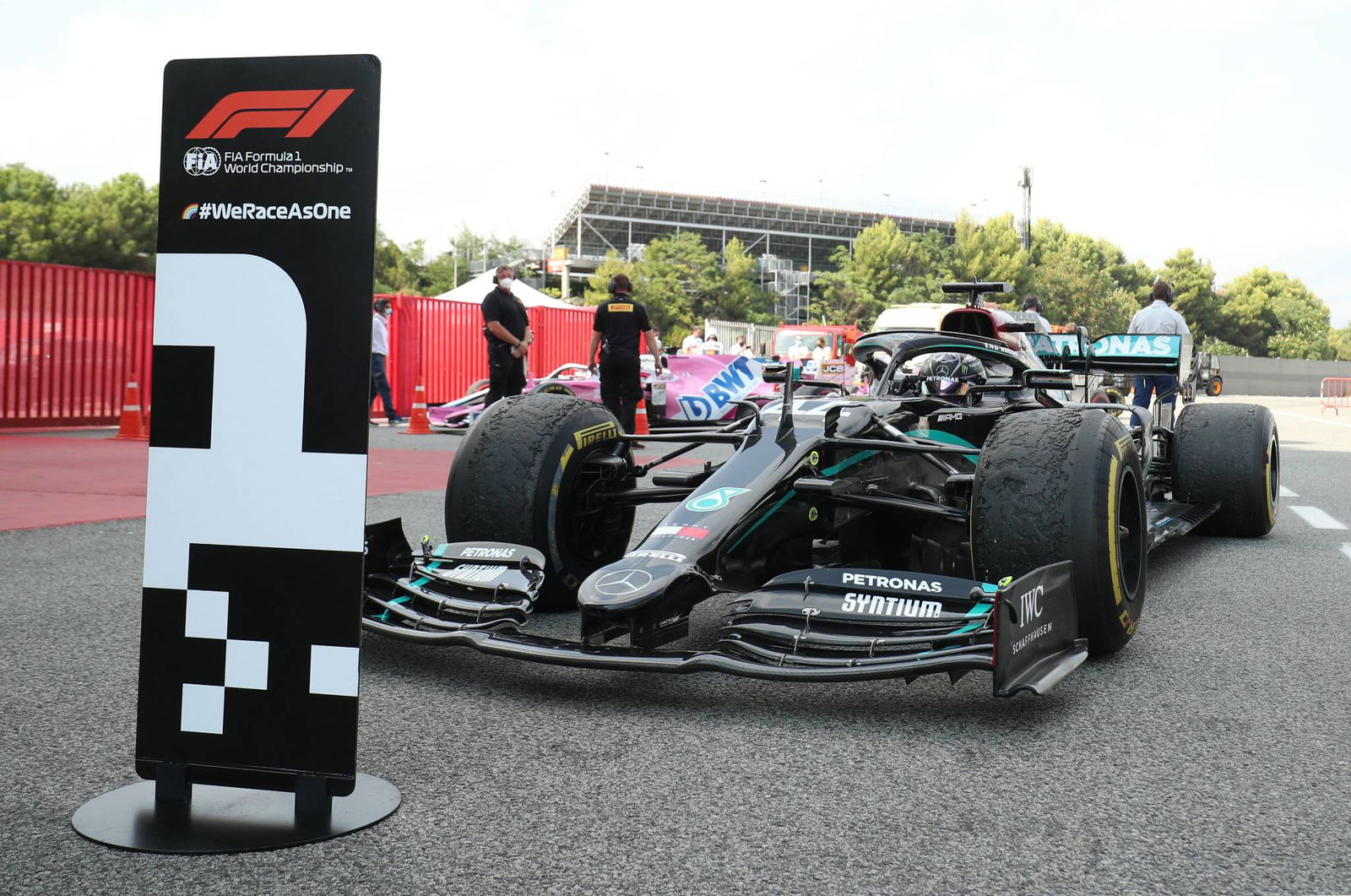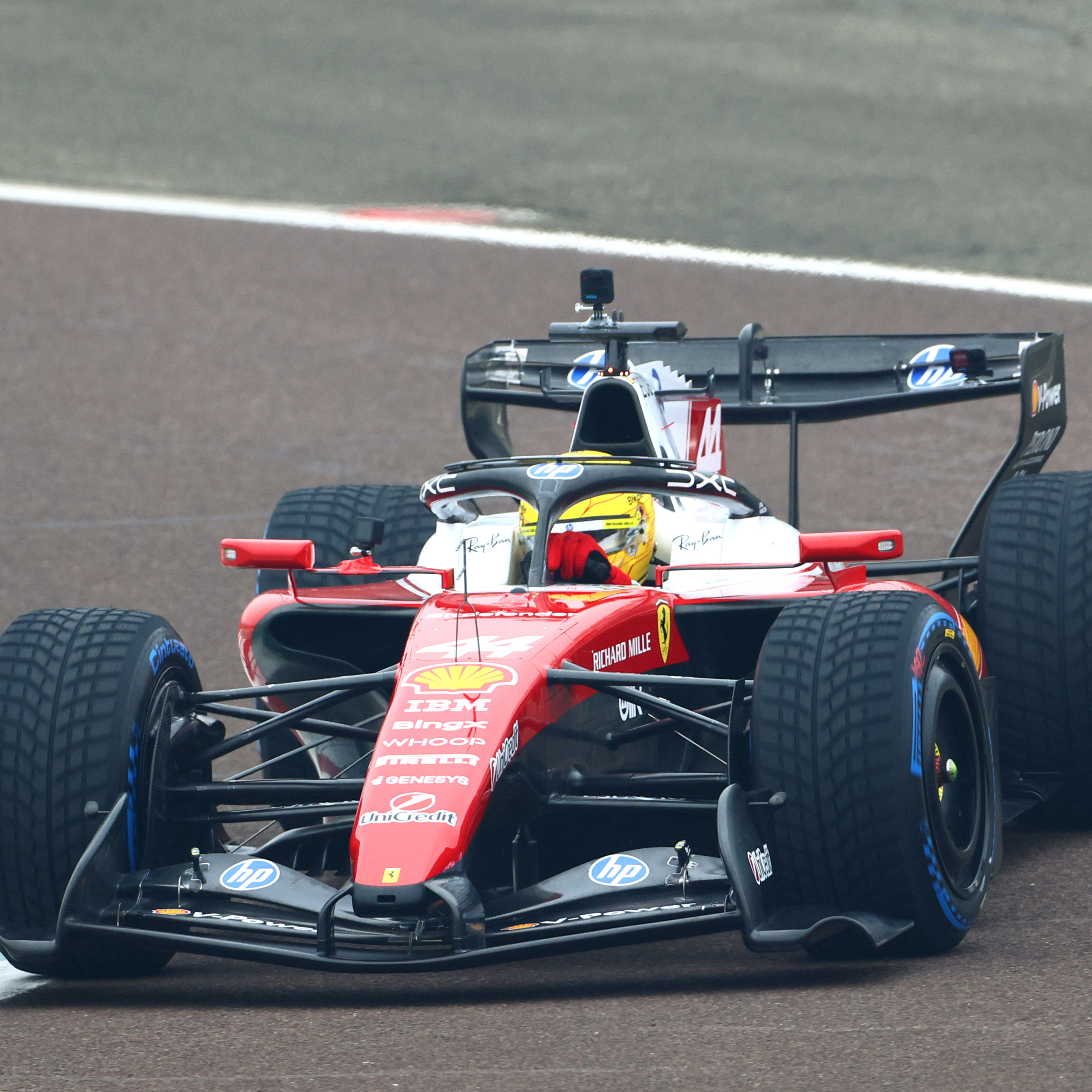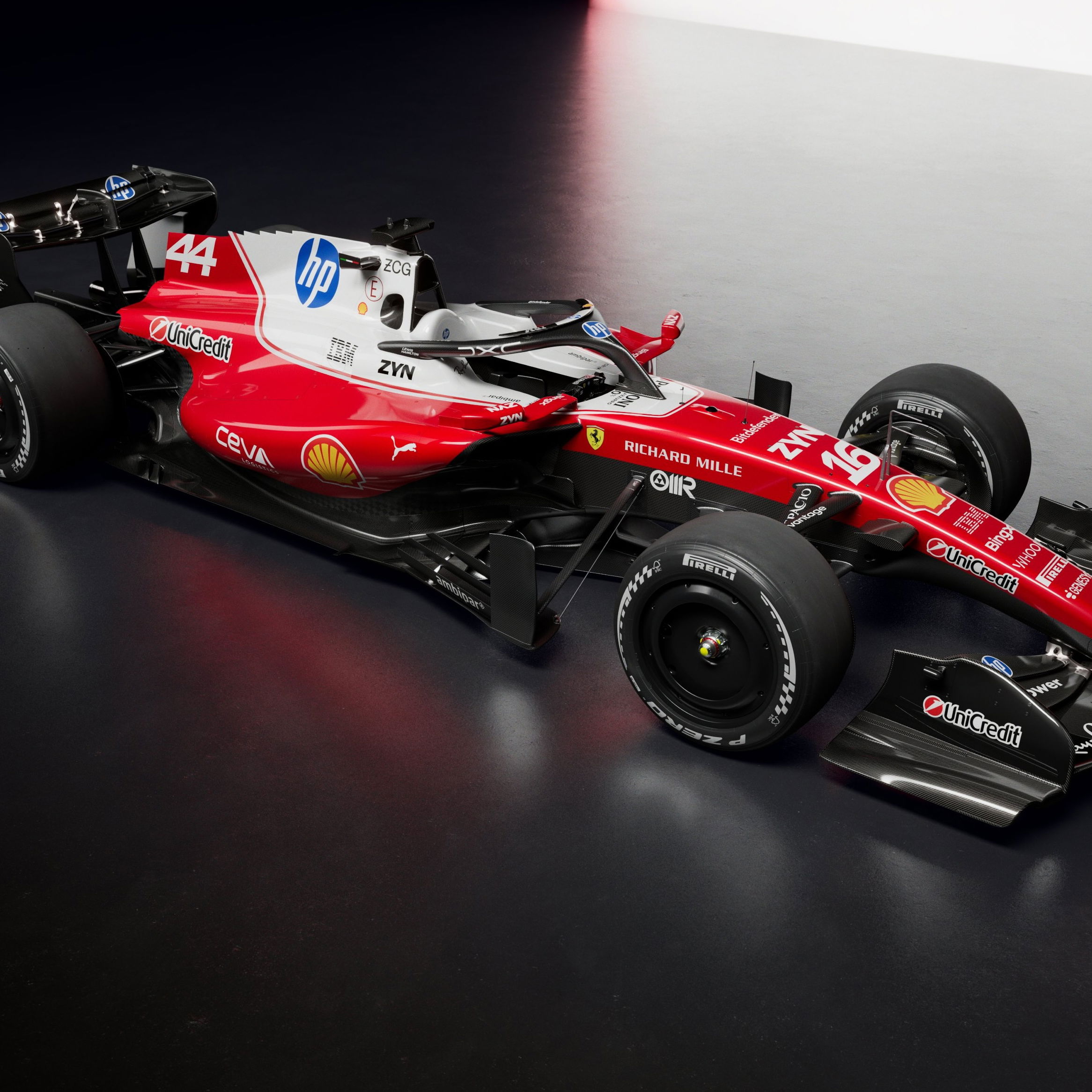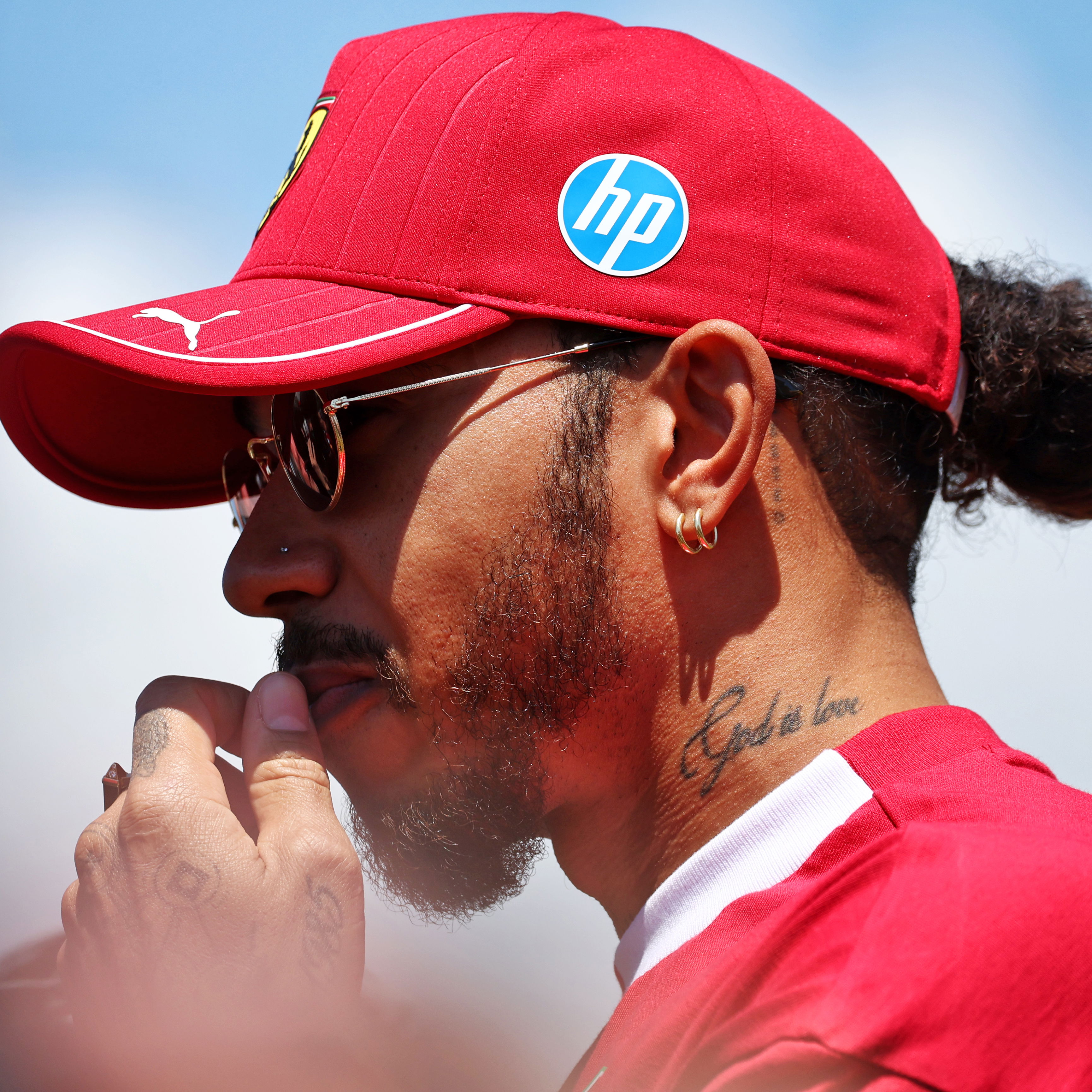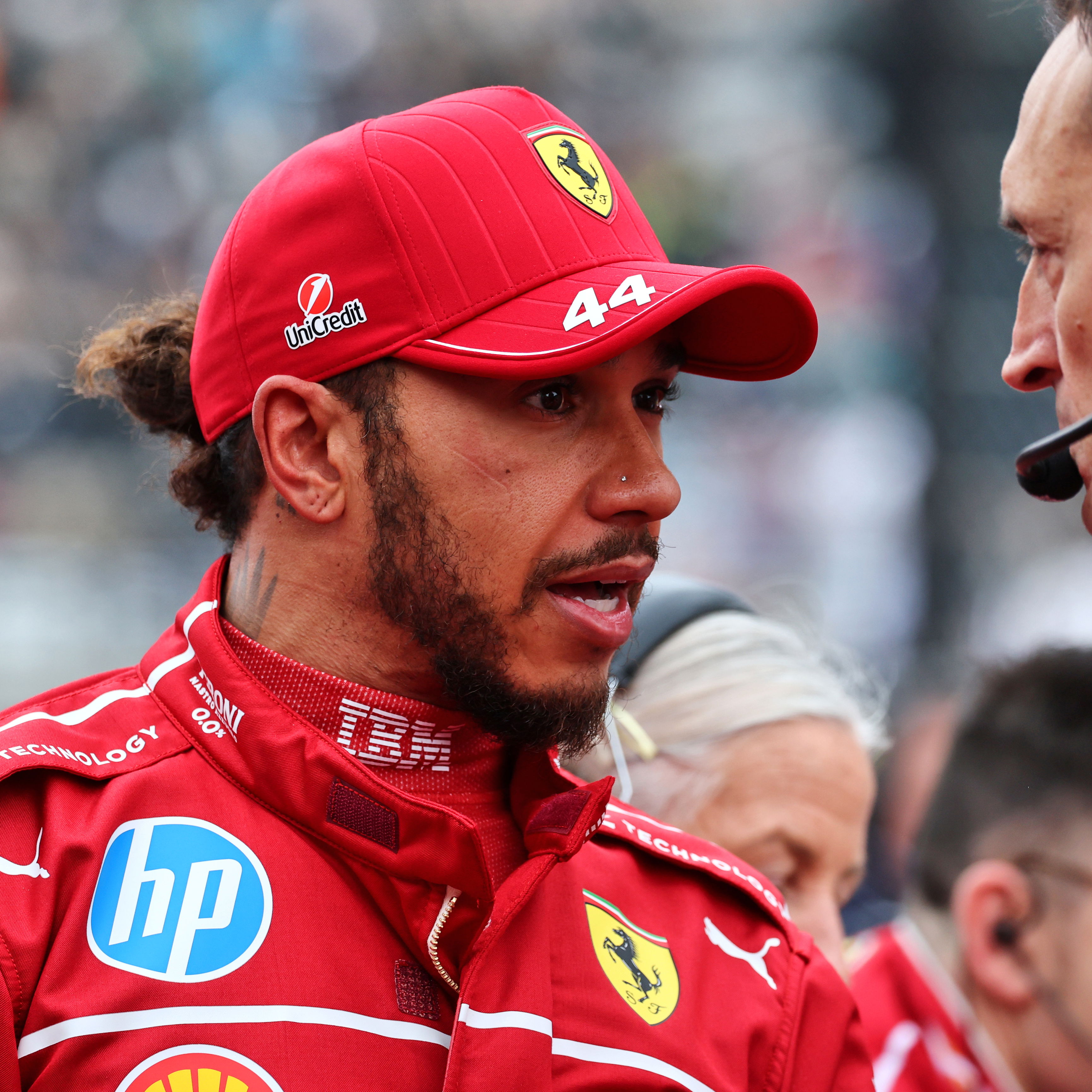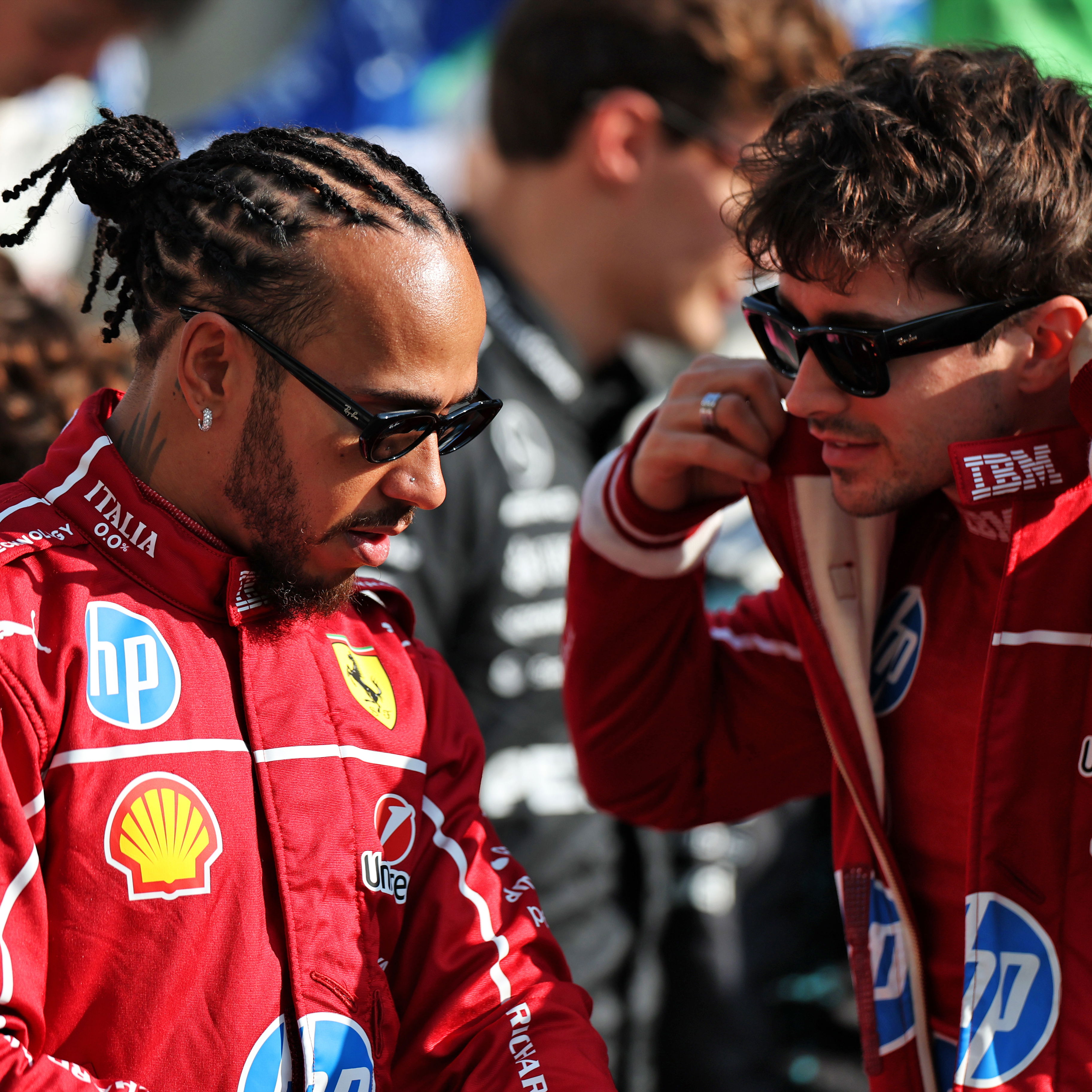Controversial F1 study puts Hamilton third in all-time fastest drivers

An official Formula 1 study has ranked Ayrton Senna as the fastest driver of all-time, ahead of Michael Schumacher and Lewis Hamilton.
Using an algorithm taking data from all qualifying sessions dating back to 1983, while removing the relative performance of the car from the equation, Senna emerged as the fastest driver.
F1 used technology from sponsor Amazon Web Services’s (AWS) machine learning software to complete the study, which concluded that Senna was 0.114s faster than seven-time world champion Schumacher over a theoretical qualifying lap, with Hamilton 0.275s behind in third.
Six-time world champion Hamilton is statistically the most successful qualifier of all-time, having claimed a remarkable 92 pole positions. He surpassed Schumacher’s previous record of 69 poles in 2017, while Senna topped qualifying on 65 occasions.
There were some controversial surprises behind the top three, with four-time world champion Sebastian Vettel - who is fourth on the list of polesitters with 52 - only 10th in the order, while world champions including Alain Prost, Nelson Piquet, Nigel Mansell, Mika Hakkinen and Kimi Raikkonen did not feature at all.
The top 10 fastest F1 drivers of all-time powered by AWS:
1. Ayrton Senna
2. Michael Schumacher + 0.114
3. Lewis Hamilton + 0.275
4. Max Verstappen + 0.280
5. Fernando Alonso + 0.309
6. Nico Rosberg + 0.374
7. Charles Leclerc + 0.376
8. Heikki Kovalainen + 0.378
9. Jarno Trulli + 0.409
10. Sebastian Vettel + 0.435
The study naturally split opinion, with fans criticising the data used to conclude the top-20 fastest drivers which was published on Tuesday.
But F1 managing director Ross Brawn defended the controversial algorithm-based ranking.
"What we set out to do here was just to try and identify who we thought was the fastest driver -- a driver who has demonstrated his speed over one lap and not necessarily his racing prowess or his results," Brawn said.
"There's been one or two surprises but when you delve into it, there's a certain amount of sense. Someone who worked with Jarno who I know very well said that if grands prix were five laps long, he'd win every race because his speed was phenomenal over a very short period.
"We've extrapolated this and we're quite proud of it and I think it stands scrutiny and it's controversial and we will get lots of debate around it and maybe we will refine it," he added.
"I don't think people are laughing at it. I think it's caused plenty of debate. I think once you understand the methodology then people will start to understand."

